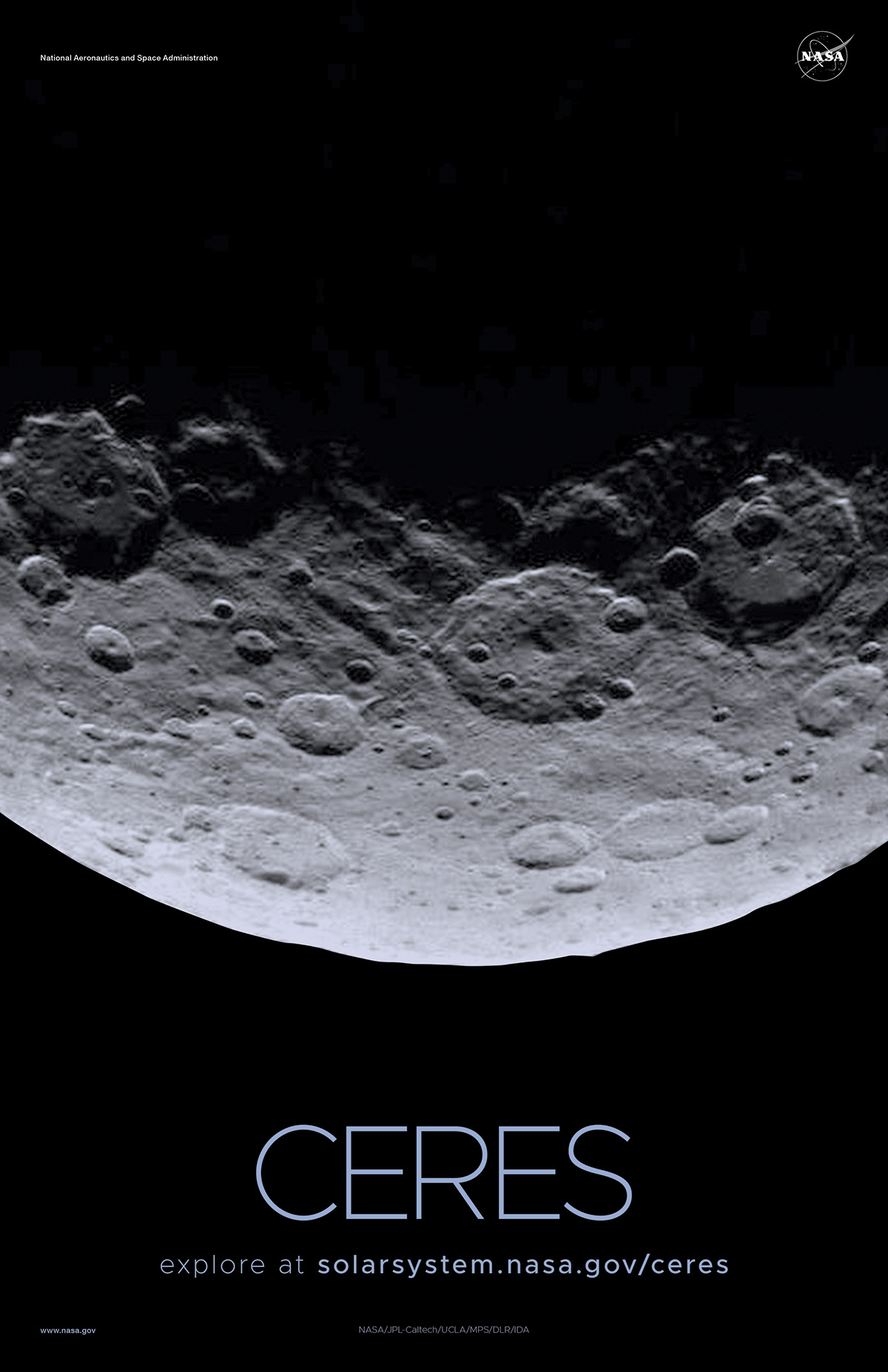Winners
Jay Chakraborti
Grade 7-8

Contest:
2016-2017
Topic:
Titan's Lakes
School:
McCullough Jr High School, The Woodlands, TX
Teacher:
Janene Fowler
"This is Cassini's home stretch. Launched in 1997, it will celebrate its 20th birthday with a bang! With these last couple images NASA has a decision to make. What should it further explore? Saturn's moons? Saturn? With Cassini burning through the atmosphere in September the answer must come quick.
I think that NASA should certainly try to uncover more information on Titan's Lakes or Target 2. Liquids are essential to life. We spend our journeys through space looking for one certain liquid: water. Fly-by probes have discovered information that lead us to believe that under the frozen surface of places like Titan there can be oceans filled to the brim with liquid water like a lake with the icy top. But there is another type of ocean on Titan. Methane filled liquid hydrocarbon lakes. The methane finds itself right at home in Titan's chilling -290 degrees F and follows something similar to the water cycle you learned in second grade. At -260 degrees F the methane evaporates and at -295 degrees F it freezes. This allows it to make a methane cycle and it makes methane clouds, lakes, and rain.
If there is water on Titan that means that there is both oxygen and hydrogen. There is already methane and even if there are traces of nitrogen then something amazing could take place on Saturn's largest moon. In 1953, Stanley Miller was the first person to ever synthesize amino acids. He did this using hydrogen, water, methane, and ammonia. He passed voltage through it and it eventually made the acids. This could simply be replicated in nature by use of lightning since it has been found that Titan does have clouds even visible to the naked eye in the picture shown in Target 2. The amino acids could then go on to form proteins and if they bond with DNA or RNA then there could be life on the second biggest moon in the solar system.
Cassini-Huygens has been exploring Saturn for thirteen years and Huygens itself explored Titan, but we still have not solved all of the mysteries. If we go deeper we could find almost anything from water to aliens, but in the end, nobody knows for sure. So NASA has to find out."
